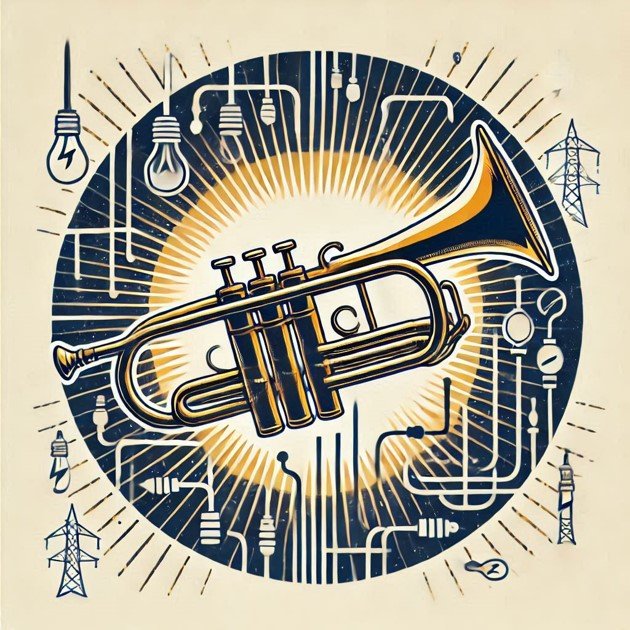Energy Geopolitics
- Great Power Competition: Because of its size and political/military/economic significance, the energy sector has many important geopolitical dimensions. At present, the issue of great power competition among the United States, China, and Russia is a prominent dimension. The Russian invasion of Ukraine and the ongoing conflict has changed the global geopolitical landscape and resulted in a tighter alignment of the authoritarian regimes in Russia, China, Iran, and North Korea against western interests. We will explore this dimension and others in further posts.
- (December 20, 2024)The Future of Georgia: The West has worked with the Georgian government over the past several decades, especially after the ouster of Edvard Shevardnade in the Rose Revolution of 2023, to reform its political and economic system and put it in a position to integrate into Europe and the EU. Georgia joined the Energy Community Treaty in 2017 and has been implementing the EU Third Energy Package Directives. Georgia applied for membership in the European Union in March 2022 and its was subsequently accepted as a formal candidate. Recent developments have however led to a political crisis as pro-Russian interests and oligarchs in the Georgia Dream Party (especially the founder, billionaire Bidzina Ivanishvilli) have seized power after fraudulent Parliamentary elections in October 2024. The leadership of this party has strong ties with the Kremlin and has voiced increasing anti-US and Western positions. They have championed relations with both China and Iran. They have suspended Georgia’s application to the EU and have cracked down on protesters demonstrating over the unfair elections. As many as 300 demonstrators have reportedly been tortured. It appears that a large portion of the Georgian population (some say 65%) support the demonstrations, which have been continuous over the last 23 days. The United States has suspended its “strategic partnership” with the Georgian government has stopped about $95 million in economic and military assistance. The EU has also halted assistance. The Georgian President, Salome Zourabichvilli has supported the demonstrators and not recognized the new Parliament. Even though her term ends on December 29, she said on December 18 that she would not step down without new elections. There seems little question that Russia has increased its influence over Georgia and this has been reflected in the mounting criticisms of the West, the failure to support sanctions against Russia over the invasion of Ukraine, and the large number of Russian businesses that have opened operations in Georgia since the Ukraine invasion. The four opposition groups have rejected the Georgian Dream candidate for President Mikheil Kavelashvili, boycotted the Parliament, and are calling for new internationally-monitored elections, after a full reform of the Electoral College and other administrative functions. They want the US and Europe together to institute targeted sanctions to achieve this goal, including against Ivanishvilli. From an energy perspective, Georgia has played a key role in the Southern Corridor strategy of the US and EU to diversify oil and gas resources and maintain a reliable route for the export of oil and gas from the Caspian region, mainly Azerbaijan. After the cut offs of Russia gas, plans have been proceeding to increase the capacity of South Caucasus gas pipeline through Georgia. Thus, the new Trump Administration will need to not only deal with the Ukraine situation but also the threat of Russia to Georgia’s democracy and sovereignty.
